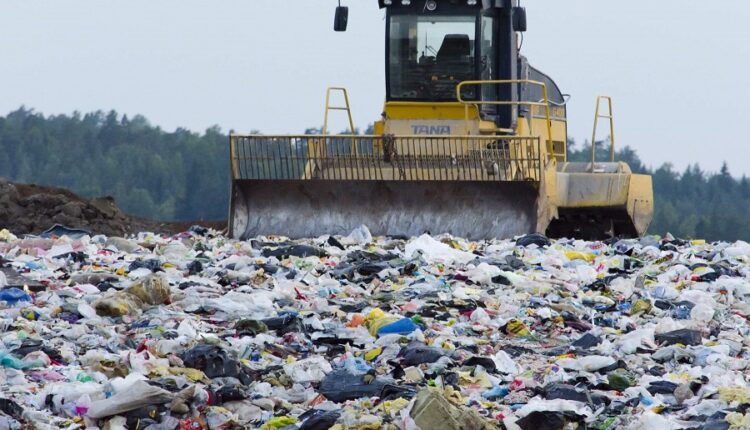by Sadiq A. Abubakar Shawai
Nigeria produces the most solid garbage in Africa, with approximately 70 percent of it being plastic waste that winds up in landfills, water bodies, or sewers. disposal
According to the World Bank, Nigeria is the tenth largest producer of unmanaged waste in the world, accounting for 2.7 percent of the global total.
According to the World Bank, Nigeria will generate the most unmanaged plastic waste in Africa by 2050.
In that regard, promoting proper waste disposal is crucial for maintaining a clean and healthy environment for everyone.

Improper disposal of waste in major roads and urban areas, such as the metropolitan areas of Kano state, can have serious consequences on public health.
It not only affects the aesthetic appeal of the surroundings but also poses a range of health risks to the inhabitants.
First and foremost, improper waste disposal attracts pests, including rodents, insects, and stray animals. These pests can carry various diseases and can easily spread to humans through direct contact or contamination of food and water sources.
Additionally, the accumulation of waste in open areas leads to the breeding of insects like mosquitoes, increasing the risk of mosquito-borne diseases, especially malaria.
Read Also: NIPR elects Sule Yaú Sule, 16 others council members
Moreover, the decomposition of organic waste produces foul odors and emits harmful gases such as methane and carbon dioxide.
These gases contribute to air pollution and can potentially cause respiratory problems and other respiratory-related diseases in individuals living nearby.
The contamination of soil and groundwater is another significant concern associated with improper waste disposal.
When waste is dumped indiscriminately, hazardous substances and chemicals seep into the ground, infiltrating the soil and polluting water sources.
This pollution can have long-term effects on the quality of the groundwater, making it unsafe for consumption and agricultural use.
Read Also: President Tinubu orders resolution of visa, Emirate Airline issues with UAE
Addressing these issues requires a collective effort from the inhabitants of Kano state, particularly those residing in the metropolitan areas.
It is essential to raise awareness about the importance of proper waste disposal and encourage the adoption of responsible waste management practices.
Here are some steps that can be taken to promote proper waste disposal:
- Education and awareness campaigns: Organize awareness programs and disseminate information about the health and environmental consequences of improper waste disposal. Use different mediums such as local radio stations, community meetings, and social media platforms to reach a wider audience.
- Community involvement: Encourage community members to actively participate in waste management initiatives. Establish community clean-up drives or neighborhood waste collection days to engage residents in the process.
- Infrastructure development: Improve waste management infrastructure by providing designated waste bins and containers in public places. Ensure regular waste collection and disposal services to avoid the accumulation of waste in open areas.
- Recycling and composting: Promote the concept of recycling and educate people on the benefits of composting organic waste. Establish recycling centers and provide necessary training and resources to facilitate the proper segregation and recycling of waste materials.
- Enforcement of regulations: Strengthen existing waste management regulations and enforce penalties for those who engage in improper waste disposal practices. Conduct regular inspections and monitoring to ensure compliance with these regulations.
- Collaboration with stakeholders: Collaborate with government agencies, NGOs, and community-based organizations to implement sustainable waste management strategies. Pool resources and expertise to achieve better waste management outcomes.
It is critical for residents of Kano state, especially those in metropolitan areas, to understand that proper waste disposal is not only a civic responsibility but also essential for protecting public health and preserving the environment.
By adopting responsible waste management practices, collectively contributing to a cleaner and healthier environment becomes a reality for everyone.



Comments are closed.